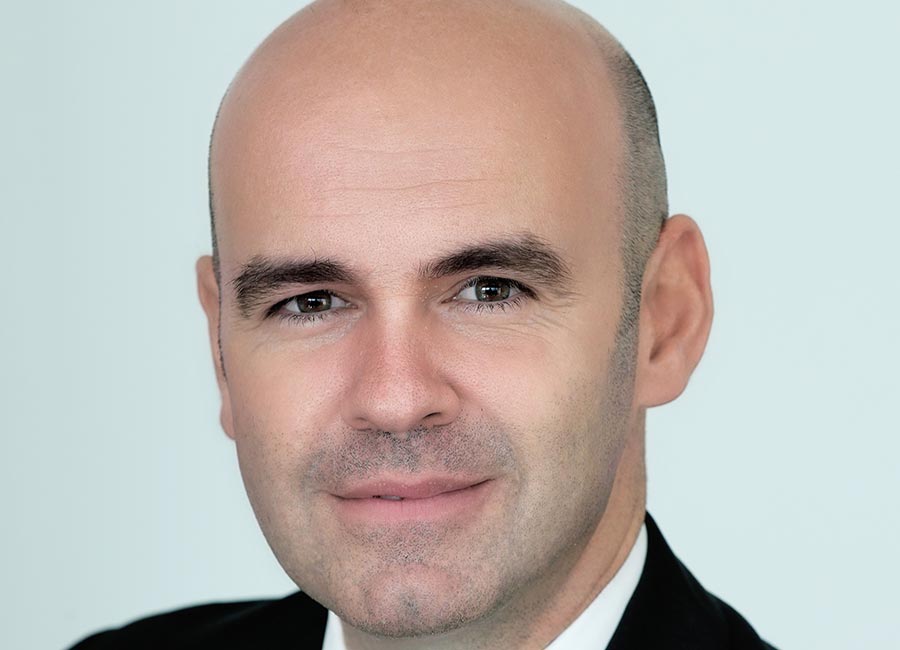Stephen Scott of Evelyn Partners explains how the Small Company Administrative Rescue Process works
Smith & Williamson recently rebranded as Evelyn Partners, where Stephen Scott is head of the Restructuring and Recovery Services unit. He has almost 25 years of corporate recovery experience working on liquidations, receiverships, examinerships and bankruptcies, in addition to non-formal restructuring assignments.
Scott acknowledges that it is difficult for directors in financially distressed enterprises to make the decision to call in restructuring advisors in a timely manner. “Instinctively they may know it is required, but similar to a person irrationally putting off a visit to the doctor to have concerning symptoms checked out, head in the sand behaviours can prevail,” he says.
“However, just as early medical interventions have the greatest chance of success, early engagement with restructuring professionals is essential, allowing as much time as possible to assess the position and put in place a strategy before it is too late and all operational, working capital, cash generation and re-financing options have run out. With late intervention, options may be limited to formal insolvency rescue procedures or liquidation.”
Assessing a company’s level of financial distress isn’t straightforward either. “There are a range of signals across the balance sheet, P&L and cash flow forecast, but the nature and strength of those signals will vary depending on whether the business is in an initial underperformance phase or whether matters have progressed into more serious financial distress,” says Scott.
“Dashboard KPIs can range from warning signs such as falling margins and extending debtor/creditor days through to ‘red warning light’ balance sheet ratios, potential breaches of banking covenants, and forecast payment defaults as the business runs out of cash.”
For ventures requiring a cash infusion, Scott believes that non-bank providers of finance are likely to become increasingly prevalent as companies navigate the challenges presented by the current economic climate.
“We have assisted many clients obtaining alternative sources of finance,” Scott adds. “These sources span peer-to-peer lending, invoice discounting, asset finance, as well as government schemes and supports aimed at providing debt finance to SMEs including the Strategic Banking Corporation of Ireland and Microfinance Ireland.”
The Small Company Administrative Rescue Process (SCARP) mirrors key elements of the examinership process and is available to companies with a turnover not over €12m and a balance sheet not exceeding €6m, with no more than 50 employees.
The process is commenced by resolution of directors rather than by application to court, and it requires that the rescue plan is passed by a simple majority (51%) in value of creditors. SCARP does not require application to court for approval of the rescue plan, provided that no creditor objects. The process is overseen by an insolvency expert who is called the Process Advisor.

For a formal rescue process, Scott’s view is that it is far too early to assess the new SCARP scheme. “It is undoubtedly a welcome addition to the SME restructuring toolkit but a number of aspects are relevant in relation to its slow start.
“These include the overall factors that have kept insolvency numbers in general low such as government supports, tax warehousing, creditor forbearance and informal deals being agreed. Any new process needs a bedding-in period, and because it must be demonstrated that the company has a reasonable prospect of survival, directors may delay utilising SCARP until they have as much clarity as possible in relation to the future direction of the economy.”
Scott adds that though Revenue have issued SCARP guidelines, there is no established track record yet of how ‘excludable debt’ will be dealt with in practice, while court processes and rules were only formalised in May.
“It was always envisaged that further tweaks to the legislation may be required once the process was properly up and running. The combination of the process bedding down, and economic storm clouds circling, is likely to see increased numbers availing of the process.”
- Stephen Scott is head of the Restructuring and Recovery Services unit at Evelyn Partners, formerly Smith & Williamson











